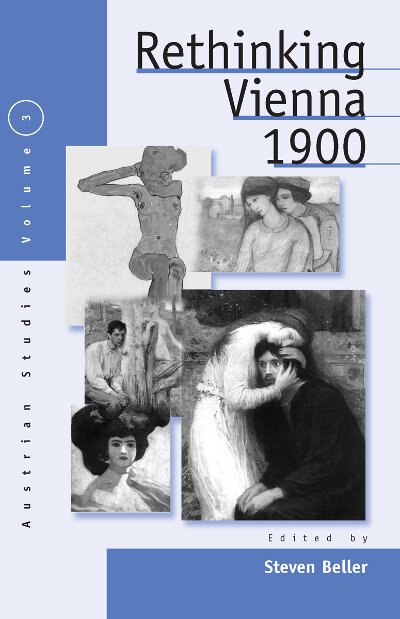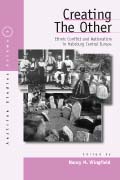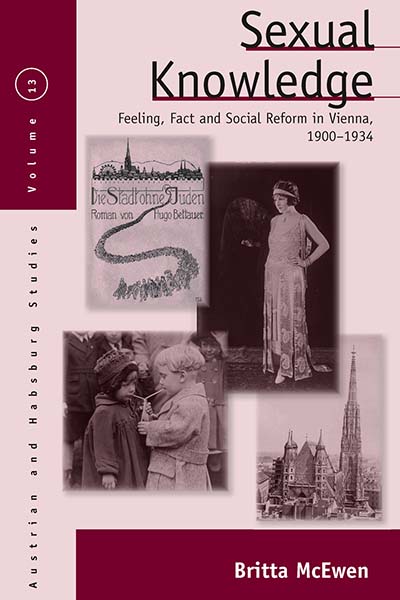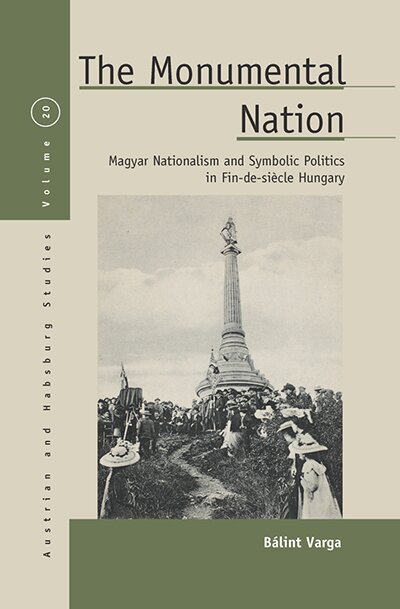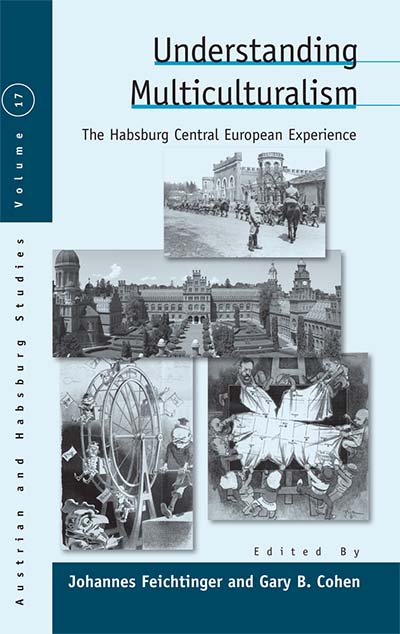
Series
Volume 17
Austrian and Habsburg Studies
See Related
History JournalsEmail Newsletters
Sign up for our email newsletters to get customized updates on new Berghahn publications.
Understanding Multiculturalism
The Habsburg Central European Experience
Edited by Johannes Feichtinger and Gary B. Cohen
256 pages, 2 illus., 3 tables, bibliog., index
ISBN 978-1-78238-264-5 $135.00/£104.00 / Hb / Published (March 2014)
ISBN 978-1-78533-344-6 $34.95/£27.95 / Pb / Published (October 2016)
eISBN 978-1-78238-265-2 eBook
Reviews
“The edited collection of articles is theoretically sophisticated and illuminating, transgressing traditional disciplinary boundaries with incisive, well-developed arguments that challenge stale notions of multiculturalism, hybridity, and nationalist mobilization… A fascinating contribution to the growing body of literature on diversity, spatiality, and nationalizing practices, Understanding Multiculturalism will be a welcomed addition to the shelves of modern historians of any field or focus.” • Hungarian Cultural Studies
“Enhanced with the inclusion of a twenty-four page Bibliography, a four page listing of the contributors and their credentials, and a nine page Index, Understanding Multiculturalism: The Habsburg Central European Experience is an extraordinary and highly recommended addition to college and university library collections. For the personal reading lists of students and non-specialist general readers with an interest in the subject it should be noted that [it] is also available in a paperback.” • Midwest Book Review
“Conceptually complicated and with wide-ranging empirical investigations, this volume is most likely to appeal to readers with some prior exposure to Central European history and theoretical approaches to nationalism. They will find in it plentiful food for thought.” • The American Historical Review
“The volume is highly recommended for anyone researching multiculturalism, and one can only agree with Csáky’s assertion that Habsburg Central Europe was a “laboratory” of experiences that can be usefully discussed in a broader context.” • Austrian History Yearbook
Description
Multiculturalism has long been linked to calls for tolerance of cultural diversity, but today many observers are subjecting the concept to close scrutiny. After the political upheavals of 1968, the commitment to multiculturalism was perceived as a liberal manifesto, but in the post-9/11 era, it is under attack for its relativizing, particularist, and essentializing implications. The essays in this collection offer a nuanced analysis of the multifaceted cultural experience of Central Europe under the late Habsburg monarchy and beyond. The authors examine how culturally coded social spaces can be described and understood historically without adopting categories formerly employed to justify the definition and separation of groups into nations, ethnicities, or homogeneous cultures. As we consider the issues of multiculturalism today, this volume offers new approaches to understanding multiculturalism in Central Europe freed of the effects of politically exploited concepts of social spaces.
Johannes Feichtinger is a Senior Researcher at the Institute of Culture Studies and Theatre History of the Austrian Academy of Sciences, and teaches history at the University of Vienna. His publications include Wissenschaft zwischen den Kulturen. Österreichische Hochschullehrer in der Emigration 1933–1945 (2001) and Wissenschaft als reflexives Projekt. Von Bolzano über Freud zu Kelsen: Österreichische Wissenschaftsgeschichte 1848–1938 (2010).
Gary B. Cohen is Professor of Modern Central European history at the University of Minnesota, Twin Cities, where he has also served as director of the Center for Austrian Studies (2001-2010) and chair of the Department of History (2010-2013). He is the author of The Politics of Ethnic Survival: Germans in Prague, 1861-1914 (1981; second rev. ed., 2006) and Education and Middle-Class Society in Imperial Austria, 1848-1918 (1996).

